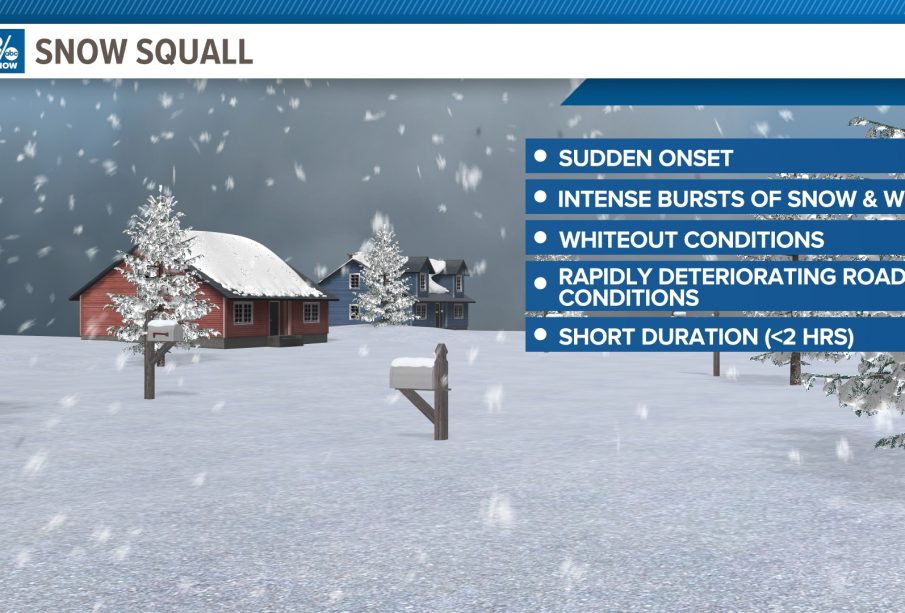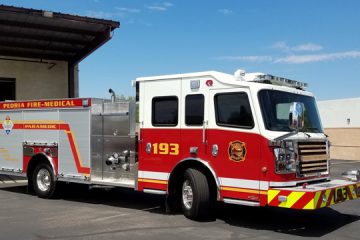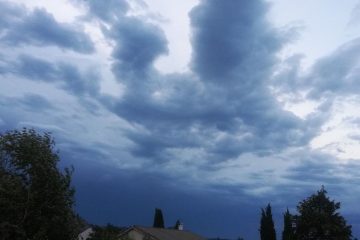Understanding Snow Squall Warnings: Preparedness for Winter Weather

The Importance of Snow Squall Warnings
As winter sets in across Canada, snow squall warnings become increasingly significant for both safety and travel. These short-lived yet intense weather phenomena can lead to rapidly changing conditions, posing serious risks on the roads and influencing daily life. Understanding snow squalls and their implications is crucial for everyone, from commuters to emergency services.
What is a Snow Squall?
A snow squall is defined as a sudden and intense burst of snowfall that often comes with strong winds. These conditions can lead to whiteout scenarios, drastically reducing visibility and making it difficult to drive safely. The sudden onset of these storms can contribute to hazardous conditions, particularly on highways and rural routes.
Current Warnings and Forecasts
Recently, Environment Canada announced multiple snow squall warnings across various regions, including Southern Ontario and parts of the Prairies. Areas have already reported significant impacts, with some regions receiving up to 30 cm of snow over a short period. The warnings serve to inform residents about the potential for rapid accumulation and treacherous conditions.
As of this week, meteorologists have indicated that the frequency of these snow squalls may increase due to fluctuating winter temperatures and humidity levels. This highlights the importance of keeping up-to-date with local weather forecasts, especially during the peak winter months.
Safety Precautions During a Snow Squall
In light of these warnings, it is essential for individuals to take necessary precautions:
- Plan Ahead: Always check the weather before heading out and plan your travel around potential squall warnings.
- Stay Informed: Follow local weather updates via reliable sources like Environment Canada or local news outlets.
- Avoid Non-Essential Travel: If a snow squall warning is issued, it may be best to stay off the roads until conditions improve.
- Prepare Your Vehicle: Ensure your vehicle is winter-ready, equipped with essential gear such as extra blankets, food, water, and a first aid kit.
Conclusion
Snow squall warnings are critical alerts that can save lives and prevent injuries if adhered to properly. With changing weather patterns, residents must stay vigilant and informed. By understanding what to expect from snow squalls and being prepared, individuals can navigate winter weather more safely. As the winter progresses, attention to these warnings will remain crucial, and continuing to educate ourselves on safety practices can significantly minimize risks associated with harsh winter conditions.









